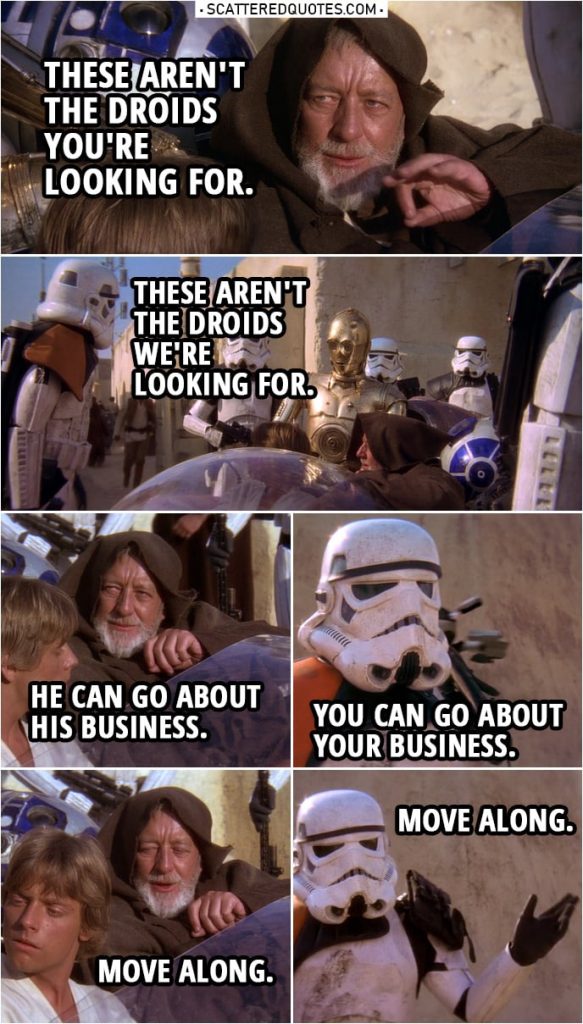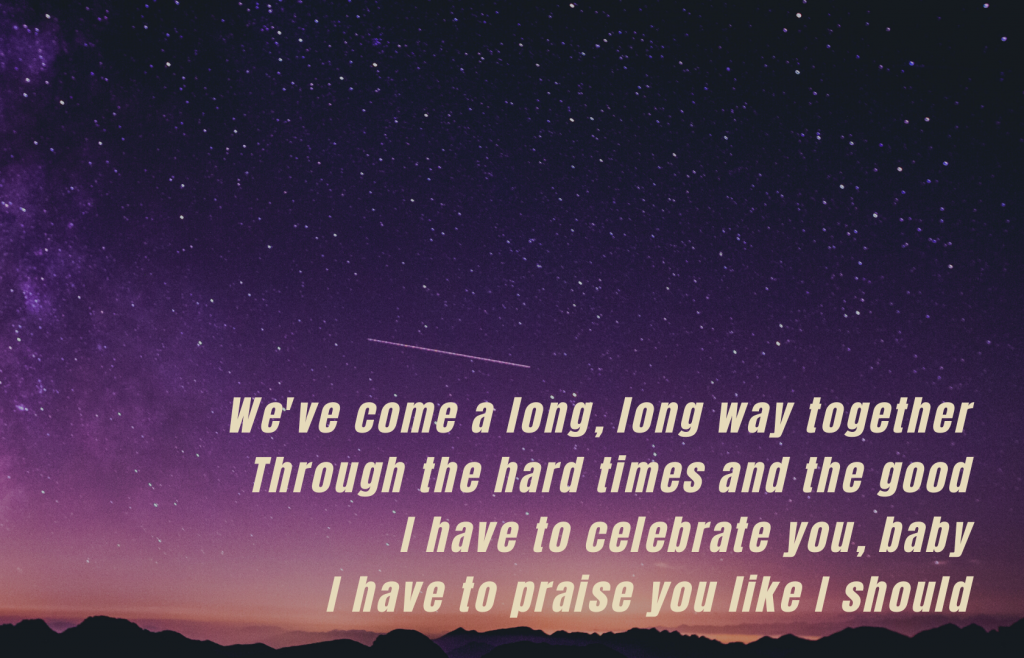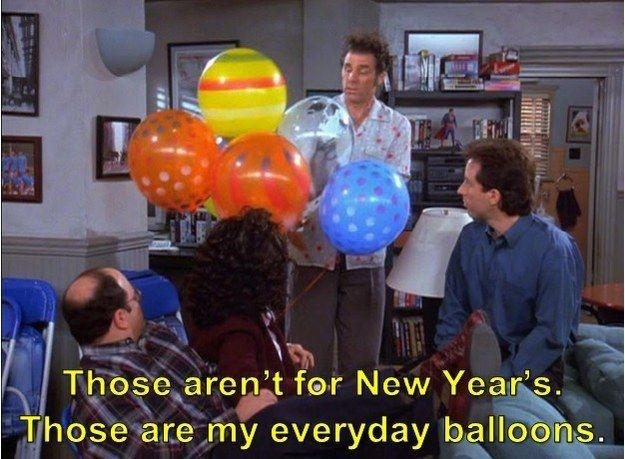Part one of a segment where we’ll explore those pesky words which can sometimes be one word or two! We’ll also look at why things can go awry when you get them mixed up.
Contents:
Apart vs A part
The ironic thing with these two is that they’re almost opposites and mixing them up can really lead to some confusing sentences.
Apart: This refers to a separation of some sort:
- I have an identical twin brother. People can’t tell us apart
- I feel lonely when we’re apart
- He fell apart at the news of his father’s sudden passing.
Apart is often followed by the word ‘from’. This means ‘aside from’. Everything with the exception of this. ‘Besides’ would be a suitable synonym. So would ‘except‘:
- Apart from the typical Melbourne weather, we had a great time
- Everyone in the class got candy canes apart from Gretchen Wieners.
A part: This refers to a piece or portion of something which makes up a whole. It is usually followed by the word ‘of’:
- Jon Snow is a part of this family whether you like it or not!
- Panic buying is a part of the problem of today’s society
- A part of me died that day when she told me she’d never heard of Foo Fighters
- I won’t have a part in your evil scheme!
Isn’t it funny how one refers to a piece of something and the other refers to something being separate? Let’s look at some incorrect examples:
- Apart of him disliked her for not even knowing the song My Hero
- He was my best friend in high school but after uni we drifted a part
- I’ve only worked here for two months and I’m already apart of a major project
- A part from maths class, school was going well.
So don’t forget that handy hint. Apart from (everything else), but a part of (the whole).
Along vs A long
Along generally refers to something running beside something else, but it can have other uses too:
- My girlfriend wanted to do something fun so I suggested we go for a walk along the river. Her parents told us to not get lost along the way.
- Her annoying brother was misbehaving so we had to drag him along for the ride
- Can’t we all just get along?

A long is used when describing a length of something or a length of time, or if you say something like you’ve come a long way.
- There was a long queue at the checkout for toilet paper
- The cavoodle was carrying a long stick
- Man, it’s a long time until school holidays!
Incorrect sentences:
- I’m along way from home
- It takes along time to get to Australia from the UK.

Maybe vs May be
Maybe means perhaps, or possibly:
- Maybe I’ll make myself a cup of tea for afternoon break
- “Are you going to Kate’s party tomorrow night?”
“Yeah, maybe.” - My phone battery lately has been draining really fast. Maybe it’s got a virus.
- I’ll invite Patrick, James, Andrew and Justin. Oh and maybe Kevin.
May be has a similar meaning and refers to something that could happen. Think of it like might be or could be:
- This may be the Power Rangers’ biggest challenge yet
- I may be the youngest here but I’m not an idiot!
- That may be true in opposite land
- There may be delays with public transport
- They may be out of stock of toilet paper as there was a long queue before
- He may be going for a walk later on with his girlfriend.
Try using the wrong word in some of those examples and you’ll notice the sentence won’t quite add up…
If you get stuck, try this test: Replace your maybe/may be with perhaps. If it works, maybe is your mate. If not, well then you must want may be:
- Perhaps I’ll cry myself to sleep after the abomination of a day I had at work.
While that’s a horrible situation, perhaps makes sense here – Maybe I’ll cry myself to sleep. - She perhaps pregnant.
That doesn’t work – She may be pregnant.
Alternatively, replace your maybe/may be with might be. If it works, may be is what you’re craving. If not, then you mean maybe:
- Might be I’ll quit my job tomorrow as it’s clear my boss hates me.
No, that doesn’t work – it must be maybe. - She might be pregnant.
Ding ding ding. It works, therefore may be is correct.
To conclude this one, let’s reword a sentence to demonstrate both words:
- Maybe Carmen will go to the formal with you
- Carmen may be a good person to ask to the formal.
Everyday vs Every day
This is a great one to finish on as this is a fairly common error. You could even say it’s an everyday error that happens every day. Okay, okay, let’s dive in:
Everyday: This is an adjective and refers to something that is usual or common. Something that may well happen every day:
- An everyday item of clothing
- I use Microsoft Office in my everyday role
- Brushing your teeth should be part of your everyday routine.

Every day: This refers to a frequency of time. How often does something happen? Every day means each day:
- Every day I go for a walk on my lunch break
- Since my girlfriend left me for my flatmate, I’ve been missing her every day of my life
- Crime happens in New York every day
- Every day this week the traffic has been bad on my way to work!
- I brush my teeth every day.
To recap, everyday is a word used to describe something that happens every day. Every day simply means each day. If you write everyday and can replace the every with each, then it must be two words as eachday is not a word. See? There’s even a red squiggly underline there.
- I wear green runners to work everyday – I wear green runners to work each day, therefore it must be every day. Yay!
- It’s an everyday item of business. Can you replace every with each here? Not really. So everyday must be right!
Fun fact: A major stationery company used to have Lowest Prices Everyday as their slogan. Now that you’ve read the above, you now know that it should be Lowest Prices Every Day. So I emailed them. It took me a couple of emails to get my point across, a few links from google, yada yada yada…. They changed it! I first noticed it in their printed magazines. Changing the giant signs on the sides of their stores may have been a struggle and probably will never get done, however, the stores they opened since then do have Every Day on the sides of them. Thanks to me. 🙂 #winning
On the contrary, if the slogan was Everyday Lowest Prices, this would be correct!

If you enjoyed this post, why not check out Part 2?
And… Also check out my segment on Alot vs A lot, and my post on Thank you, thankyou, and thank-you

